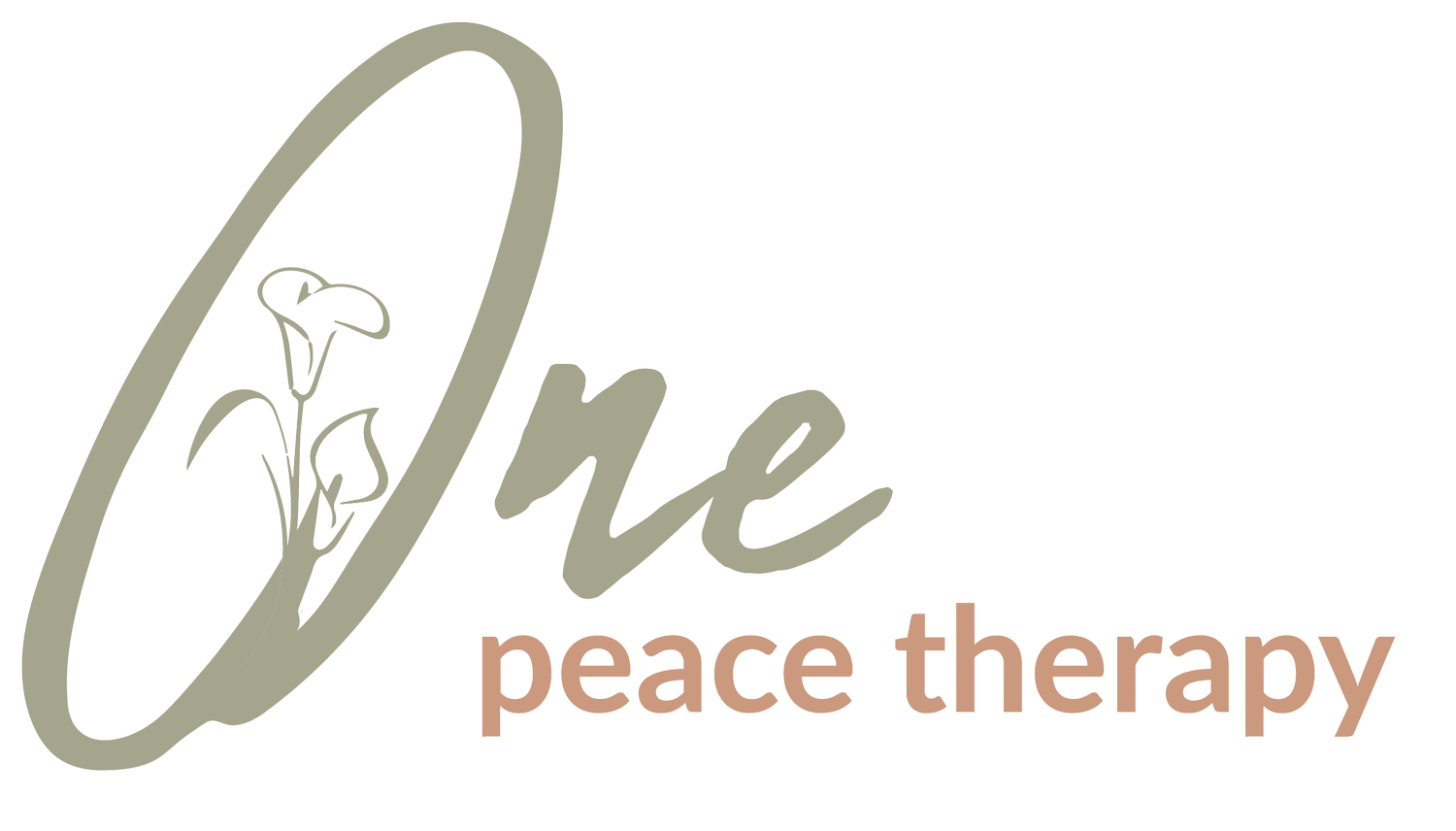The Art Of Forgiveness
Forgiveness is a profound and transformative act that holds the potential to heal wounds, mend
relationships, and free individuals from the burdens of resentment and anger. It is a complex
emotional and psychological process that involves letting go of negative feelings towards
someone who has hurt us, whether intentionally or unintentionally. While forgiveness does not
condone or excuse harmful behavior, it allows individuals to release the emotional pain and
reclaim their inner peace.
Why Do We Hold Grudges?
There are many reasons we might hold onto past hurt, such as: protesting against injustice or
broken trust, a psychological reminder to protect self from future harm, it may also be a tactic to
maintain power in a relationship or stem from unresolved conflicts. Cultural and social norms
can also influence the tendency to hold grudges. In some societies, forgiveness may be valued
and encouraged, while in others, holding onto grievances may be more culturally acceptable or
even expected.
Due to all these mounting factors contributing to the creation and maintenance of grudges,
forgiveness goes beyond simply saying, "I forgive you." Instead, it is a deliberate and conscious
decision to release feelings of resentment, bitterness, and vengeance towards the person who has
caused harm. Forgiveness involves accepting the reality of what happened, acknowledging the
pain caused, and choosing to move forward without holding onto resentment or seeking
retribution.
What are the Benefits of Forgiving?
Forgiveness is a powerful tool for emotional healing. It can reduce feelings of anger, anxiety, and
depression, and promote greater emotional well-being. Forgiveness can repair damaged
relationships by fostering understanding, empathy, and reconciliation between individuals.
Choosing to forgive allows individuals to cultivate resilience, compassion, and inner strength. It
can lead to a deeper understanding of oneself and others. Research suggests that forgiveness may
have physical health benefits, such as reducing stress levels, lowering blood pressure, and
enhancing overall immune function.
Moving Towards Forgiveness
Learning to forgive is a journey, and it unfolds in stages and may vary in complexity depending
on the severity of the hurt and individual circumstances, but here are some common stages:
Acknowledgment: Acknowledge and validate your feelings of hurt, anger, and pain. It's
important to honor your emotions before beginning the process of forgiveness.
Empathy: Try to understand the perspective of the person who hurt you. This does not mean
excusing their behavior but gaining insight into their motivations and circumstances.
Decision: Make a conscious decision to forgive. This involves letting go of the desire for
revenge or justice and choosing to release negative emotions.
Release: Release the emotional burden by expressing forgiveness either verbally, in writing, or
through symbolic acts. This step allows you to reclaim your emotional freedom.
Healing: Embrace the healing process. Forgiveness may take time and effort, but with patience
and self-compassion, it can lead to profound personal growth and emotional healing.
Seek Support if Needed: Reaching out for support during the time of learning to forgive breeds
many benefits. Whether it is emotional support from a friend or mentor, psychological support
such as a therapist or even spiritual support such as reflecting on religious/spiritual teachings
about forgiveness.
Challenges in Forgiveness
Forgiveness is not always easy and may pose significant challenges:
1) There may be resistance to forgiving due to fear of vulnerability, a desire for justice, or
concerns about being hurt again.
2) Forgiveness does not always lead to reconciliation or renewed trust in relationships. It is
possible to forgive someone while choosing to maintain boundaries or distance.
3) Sometimes, the most challenging forgiveness is forgiving oneself for past mistakes or regrets;
self-compassion and acceptance are crucial in this process.
(When these challenges arise, don’t hesitate to seek professional help, such as a therapist to help
you process these stages in a healthy manner.)
Embracing Forgiveness
Forgiveness is a gift you give yourself. It liberates you from the past and empowers you to live
fully in the present. It is a courageous act of self-love and compassion that opens the door to
deeper connections, inner peace, and personal fulfillment. As Martin Luther King, Jr. once said,
"Darkness cannot drive out darkness; only light can do that. Hate cannot drive out hate; only love
can do that.” By embracing forgiveness, we can reclaim our strength and resilience, creating a
brighter and more compassionate future for us and others. Contact us today for more information on how
we can support you on your healing journey!

